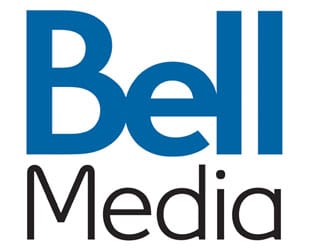The topic was reception and technical matters in about a third of the calls received at the FCC 2/18/09 in the aftermath of the mini-DTV transition last week, 32.5% to be precise. Converter box questions, at 20.1% came in second in what was an encouragingly slow day at the FCC help line. Another 15.4% had problems involving converter box coupons.
16.8% were failing to get a specific channel, 5.7% were aware of the transition but took no steps to prepare, and a mere 2.2% were caught by surprise. A full accounting of the phone calls, which on 2/18/09 amounted to just over 25K, is available here:
http://hraunfoss.fcc.gov/edocs_public/attachmatch/DOC-288731A2.pdf
By Thursday, the call volume was already subsiding, with the final count for 2/19/09 put at 17,920.
Acting FCC Chairman Michael Copps credited the hard date move to June with making the mini-DTV deadline as successful as it was, saying the delay “gave the FCC, broadcasters and our other partners in industry and the communities a chance to test, on a broader scale, the mechanisms we have in place to help consumers. And we could test those resources without overwhelming them.”
Copps vowed to keep his and everyone else’s nose (at least those within his control) to the grindstone. “Everyone needs to remember that this is just the end of the beginning of the DTV transition,” he said. “Most stations and most consumers still have the transition ahead of them. The Commission is working full-time to learn the lessons of what just happened and to revise our outreach programs and rules-of-the-road to take us to June 12. So in addition to thanking the broadcast, cable and other companies, the many consumer organizations, and an absolutely inspired group of civil servants who all stepped up to the plate, I am looking to them to redouble their efforts in the months ahead.”
NAB’s Jonathan Collegio was very encouraged by the results, saying, “The smooth transition thus far proves that the tireless efforts of America’s broadcasters to prepare their viewers have paid off tremendously. Millions of Americans are now enjoying the benefits of free digital television, and broadcasters continue to be committed to helping viewers in markets that will switch on June 12. The information gleaned from stations that have already gone digital will help prepare the remaining viewers, as broadcasters nationwide complete America’s historic transition to all-digital broadcasting."
RBR/TVBR observation: The apocalypse or something like did not occur in the fifty-plus markets that engaged in a significant amount of analog plug-pulling. The real test will come in June, but there should be little excuse for a significant failure then, either, which all the extra time to prepare.




